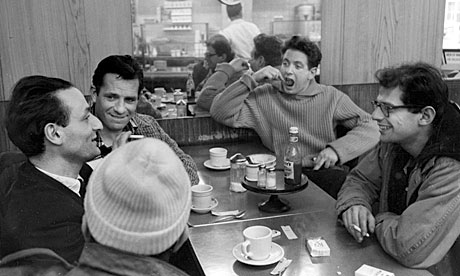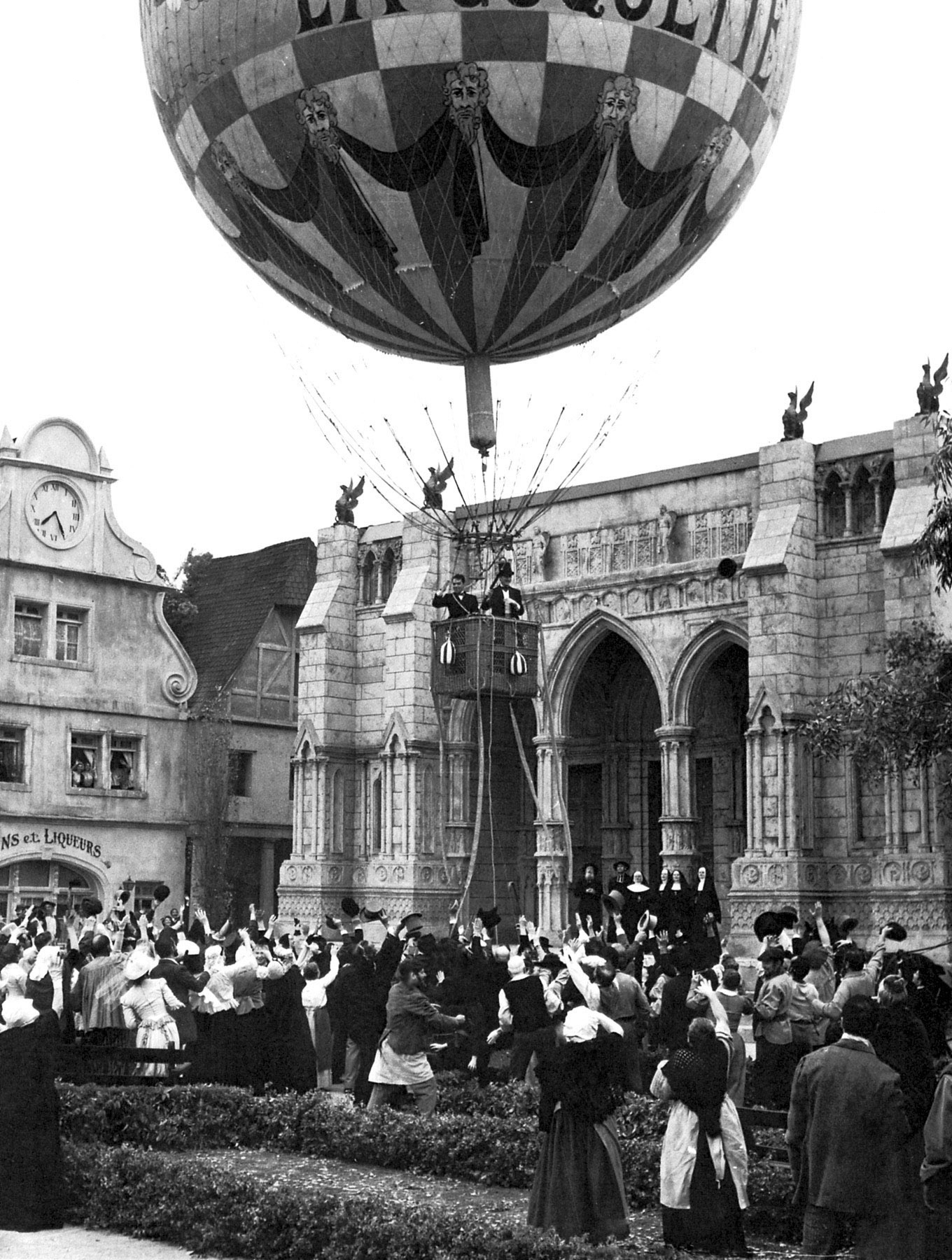After
reading, and loving, Jeffrey Eugenides’ The
Marriage Plot a month or two ago, I
decided to do something I rarely do, and jump right back to the same author
immediately. That time, I read his Pulitzer Prize winning novel Middelsex. But because I’ve been so insanely busy lately,
I haven’t actually reviewed either one of them here.
Lest you think they’re not
worth your time, I figured I better talk about them once and for all. And since
my thoughts on both have kind of become intertwined, I thought it would make
sense to review them together. So here’s a quick two-fer.
First
of all, the writing. It’s straightforward, and there’s nothing pretentious
about his prose, but he still packs an amazing punch with his language choices.
See this post for some gems from The
Marriage Plot. Or take a gander at
this smattering from Middlesex :
“Dr.
Philibosian smelled like an old couch, of hair oil and spilled soup, of
unscheduled naps.”
“Cologne
made me think of voice coaches, of maitre d’s, of old men and their unwanted
embraces.”
“I
was scandalized by the filth of men’s rooms, the rank smells and pig sounds,
the grunting and huffing from the stalls. Urine was forever puddled on the
floors. Straps of soiled toilet paper adhered to the commodes. When you entered
a stall, more often than not, a plumbing emergency greeted you, a brown tide, a
soup of dead frogs.”
I absolutely love his word choices, but there’s also
something in the cadence and pacing of his writing that accentuates his more
interesting phrases. His style is not flowery, and it doesn’t call attention to
itself, but it still manages to elicit hearty guffaws and appreciative sighs as
I speed through the stories.
Speaking of the stories, I won’t share plot points or
spoilers here. I’ll simply say that I thought each was engrossing in its own
way. The Marriage Plot for its intellectual themes and college days
search-for-self, and Middlesex for its sprawling, multigenerational scope.
Pitting one against the other, I’d call Middlesex the better book, but if there’s one criticism
I would level, it’s this: the unliklihood of a single family history
encompassing the Greco-Turkish War, the infamous Great Fire of Smyrna, the
founder and founding of the Nation of Islam, and the 1967 Detroit Riot. All of
that backdrop, taken together in one book, smacks ever so slightly of Forrest
Gump. But I loved it. Just like I loved The
Marriage Plot. The reason, in a
word, is research.
I
should state here that I probably spent more time poring over my family’s
gilt-edged World Book Encyclopedias than any other set of books growing up. I
am, still today, a Wikipedia fiend. So if you’re anything like me, you’ll love
Eugenides. Reading one of his novels is a bit like taking a series of small correspondence
courses. Pick up Middlesex and you’ll learn about all the historical events
I listed above, plus silk farming, the Greek-American immigrant experience, the
business of bootlegging, and the intersex condition known as 5-alpha-reductase
deficiency, which lies at the center of the story. Same goes for The Marriage Plot, only there you’ll be introduced to semiotics
and deconstruction in literature, manic depression, yeast genetics, Christian
mysticism and so much more.
Not
only does Eugenides provide fascinating insights into all of these things, but
he carries it off with a masterful storytelling ability that keeps plot paramount,
yet leaves no doubt as to the novels’ broader themes. Sadly,
he is on the nine-year plan (releasing novels in 1993, 2002, and 2011),
which means we may not get to see another one until 2020. Until then I’ll have
to savor The Virgin Suicides- or reread one of his others. They’re that
good.







.bmp)








